Only schools and organizations registered with their state Poetry Out Loud coordinator are eligible for the official competition.
Student Eligibility
- Grade Level: Only currently enrolled students in grades 9-12 are eligible, with an exception made for 8th-grade students participating in a 9th- through 12th-grade class.
- State Finals: A student may not advance to the state finals without competing in a lower-level competition.
- Legal Participation Requirements: No student may be excluded from participating in Poetry Out Loud on the basis of race, color, religion, sex, disability, or national origin. Schools may determine eligibility for classroom and school level Poetry Out Loud programming pursuant to local and state law.
Prize Requirements
Mid Atlantic Arts provides and administers all aspects of the monetary prizes awarded in Poetry Out Loud. In order to receive prizes, State champions and runners-up must submit a properly-completed IRS Form W-9 or Form W-8BEN in order to be eligible to receive the prize money. Prizes are not transferable and are taxable to the recipient; prizes issued to individuals submitting a Form W-8 may be subject to additional withholding requirements.
Travel and Accommodations Requirements
Mid Atlantic Arts produces the finals competition and administers all aspects of the travel for State Champions to the Poetry Out Loud National Finals. State Champions (or their legal guardians) and their chaperones must submit a properly-completed IRS Form W-9 or Form W-8BEN before travel and lodging are arranged by Mid Atlantic Arts.
Students, parents, or chaperones who do not submit a valid tax identification form are not eligible for prizes, travel, or accommodation.
- Homeschooled Students: Homeschooled students may participate by competing in a competition at a local school (at the school’s discretion) or with other local homeschooled students. Contact your state coordinator for specific guidelines.
- School Not Participating? Students unable to participate at a local school should contact their state Poetry Out Loud coordinator to discuss other opportunities for inclusion in the state’s official competition.
- Repeat Champions: Only National Champions are not eligible to compete in subsequent years.
- Relatives: Avoiding any potential conflicts of interest (or the appearance of conflicts of interest) helps to preserve the integrity of the competition and make it fair for all students. Relatives* of national organizers (National Endowment for the Arts and Mid Atlantic Arts) may compete in school, local, regional, and state competitions, but would not be able to advance to National Finals. Relatives* of State Art Agency Coordinators or affiliated contractors and sponsors may not compete past the school level in that particular state.
Relatives for this age group are defined as child, sibling, or any member of the employee’s household.
Poem Eligibility
- Poem Anthology: In recognition of America’s 250th anniversary in 2026, the 2025-2026 Poetry Out Loud program will focus on poems that celebrate the rich tapestry of American history and culture. All poems must be selected from the Poetry Out Loud America 250 Online Anthology. Only versions of poems from the official America 250 Online Anthology may be used in the competition.
- Can’t Find a Poem? In recognition of America’s 250th anniversary in 2026, the 2025-2026 Poetry Out Loud program will focus on poems that celebrate the rich tapestry of American history and culture. Only poems from the America 250 Anthology are eligible for student use for the 2025-2026 school year.
- Poem Criteria: At the state and national finals, students must have 3 poems prepared. The poems must be listed in the America 250 Online Anthology. No other criteria apply to the 2026 program.
Competition
- Competition Participants: Poetry Out Loud competitions must have at least two students to select a winner. If the winner is unable to attend the next level of competition, the runner-up should be sent.
- Evaluation: Students must be judged according to the Poetry Out Loud evaluation criteria from the 2025-2026 Teacher’s Guide.
- Rounds: State and national finals consist of three rounds of competition. Competitions at lower levels may have fewer rounds, but students must recite only one poem in each round.
- Poem Order: The order in which the poems are recited is up to the student, but poem order may not be switched once given to the competition organizer. Competition organizers may not dictate poem order.
- Judging: Rankings are based solely on evaluation sheets submitted by judges. Judges should not convene to discuss performances during the competition. Judges may not reconsider their scores after they are submitted. Judges’ decisions are final.
- Scoring: Scoring is cumulative. The scores from all rounds should be added together to determine the winner.
- Ties: In the event of a tie, the tied student with the highest overall performance score should win; if that also results in a tie, look to the highest accuracy score. If scores remain tied, consider having students pick one poem to recite again as a separate score to break the tie.
- Memorization: Students must recite their poem from memory.
- Props: Students may not use props or wear costumes during their recitations.






